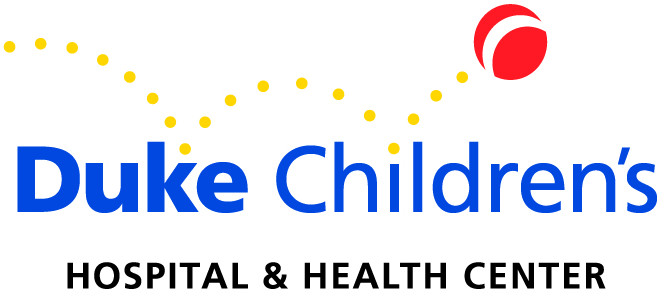Duke Children’s Named PPMD Certified Duchenne Care Center

Non-profit organization Parent Project Muscular Dystrophy (PPMD) has nominated Duke Children’s Hospital & Health Center as a Certified Duchenne Care Center, a designation that confirms the center’s quality in the treatment of Duchenne muscular dystrophy. Duke Children’s is now the ninth center in the country to be included in PPMD’s Certified Duchenne Care Center Program.
The Certified Duchenne Care Center Program is used by PPMD to support standardized, comprehensive care and services for patients who suffer from Duchenne muscular dystrophy. The program was established in March 2013 and has certified nine centers, with Duke Children’s recognized for its multidisciplinary care team and dedication offering efficient care and services to both Duchenne patients and their families.
“We are pleased that PPMD has recognized Duke Children’s Hospital & Health Center and our neuromuscular clinic as a leader in the diagnosis, care, and treatment of Duchenne muscular dystrophy,” stated Edward C. Smith, who co-leads with Richard M. Kravitz the Duke Children’s Neuromuscular Clinic. Both Smith and Kravitz are specialized in pediatric neuromuscular disorders, such as Duchenne and work in collaboration with the clinic’s coordinator Jennifer Olson, RN, BSN.
“Duke has had a long commitment for the care of patients with neuromuscular weakness,” continue Kravitz. “We look forward to working in partnership with PPMD in further improving the care and quality of life of boys and young men with Duchenne muscular dystrophy. We are committed to providing our patients and their families with quality, comprehensive care as we continue to develop the best and most innovative models for treating this disease.”
Senior vice president of clinical care at PPMD and co-director of Transforming Duchenne Care Initiative (TDCI), Kathi Kinnett, MSN, CNP, stated that she is excited about the newly certified center. “Dr. Smith, Dr. Kravitz, and their team have shown a true commitment to providing optimal comprehensive care to people with Duchenne in their community and beyond,” said Kinnett. “They have created a wonderful facility and program that incorporates the patient and family voice, and where patients and families truly come first. We congratulate everyone on the Duke team and thank them for the dedication to the fight to end Duchenne.”
The Certified Duchenne Care Center Program is included in the TDCI and the organization is willing to continue its search for excellency in health care concerning muscular dystrophy treatment. The criteria includes holding the highest standards in clinical and sub-specialty services, applying new evidence-based knowledge, minimizing heterogeneity in clinical research outcomes and complying with standards in clinical care.






